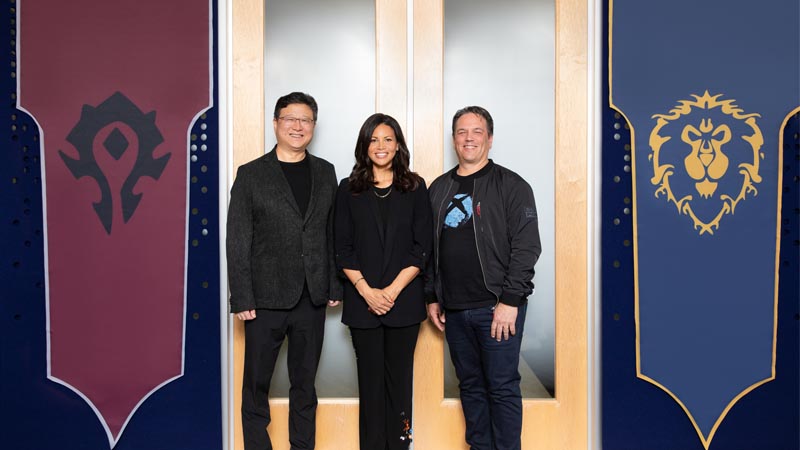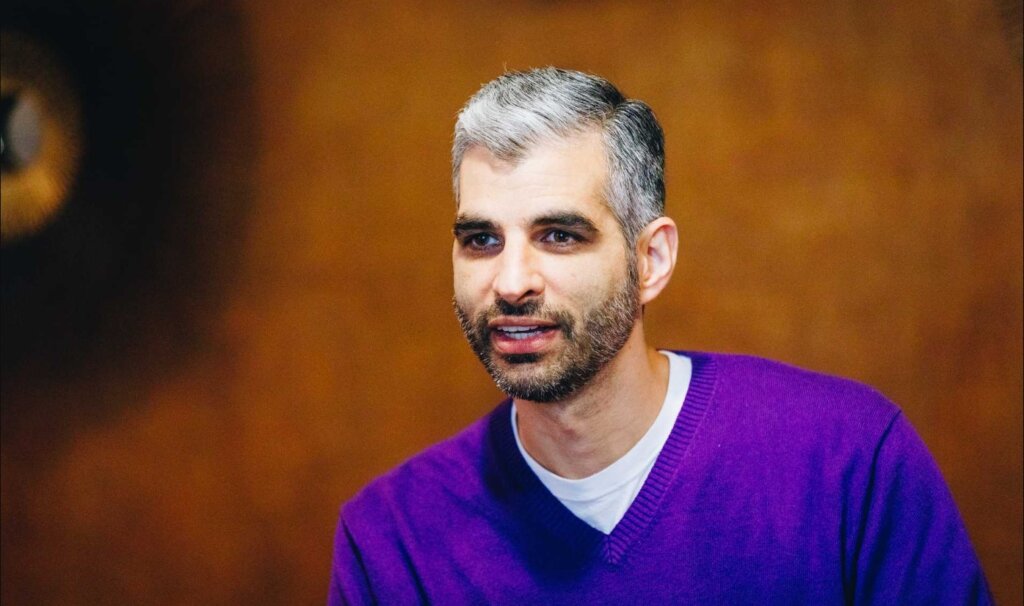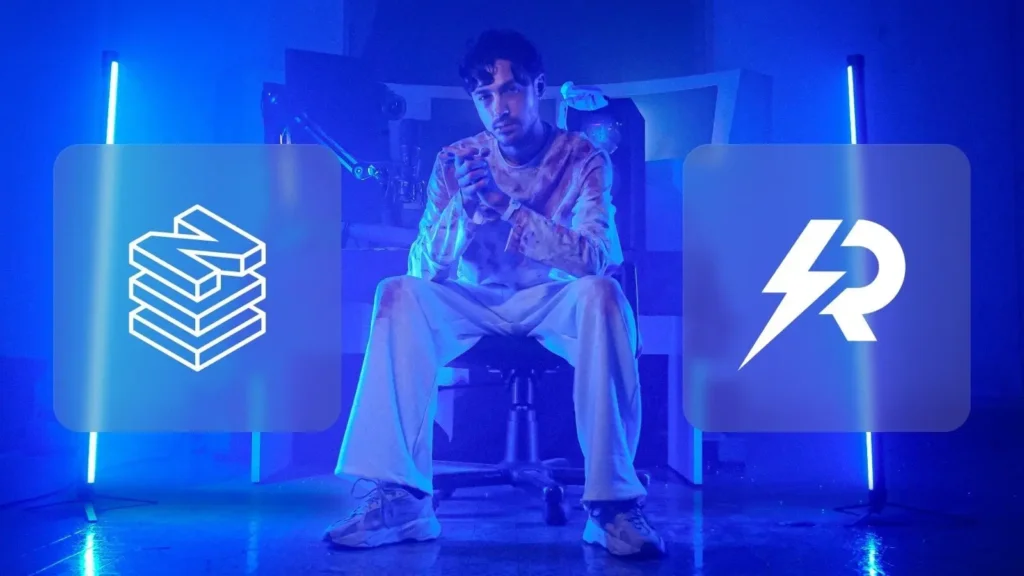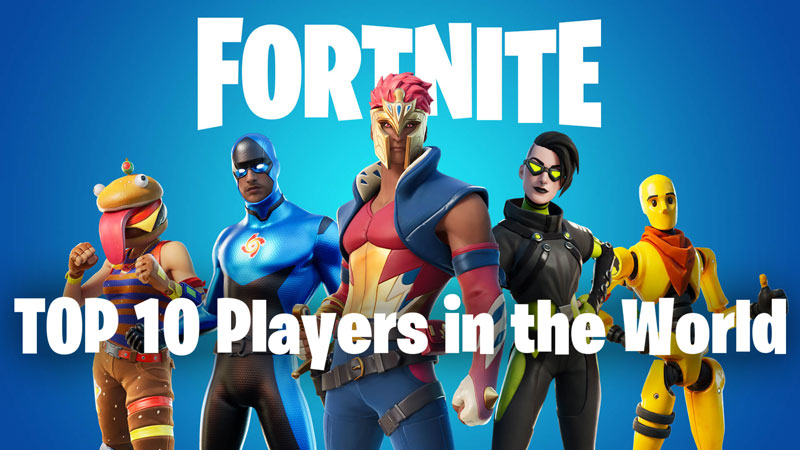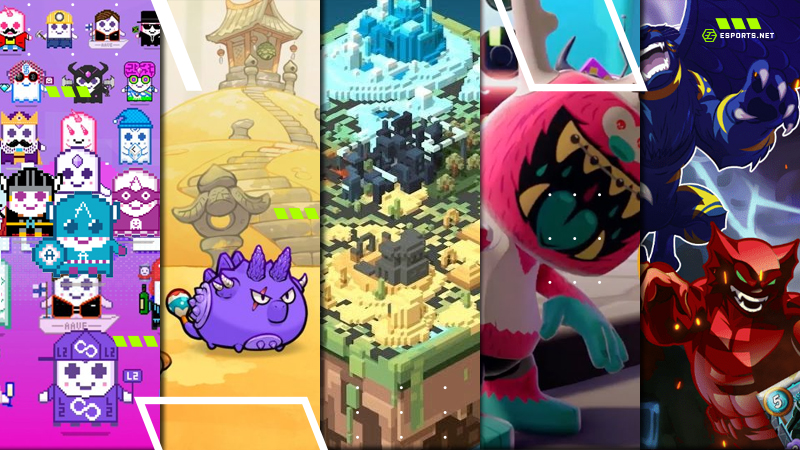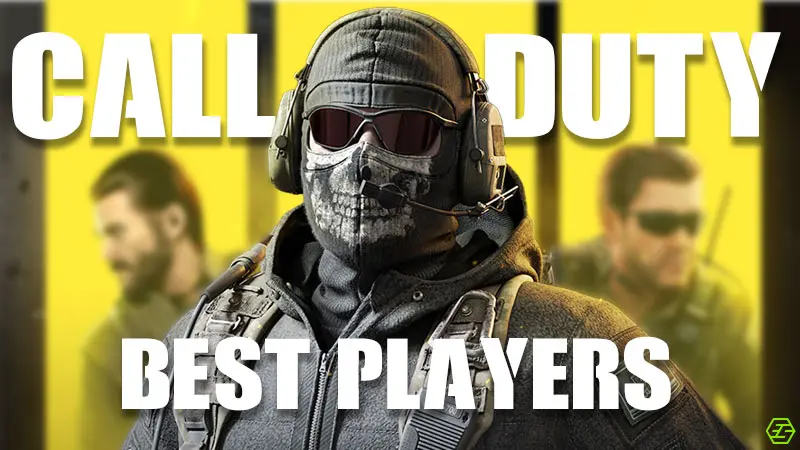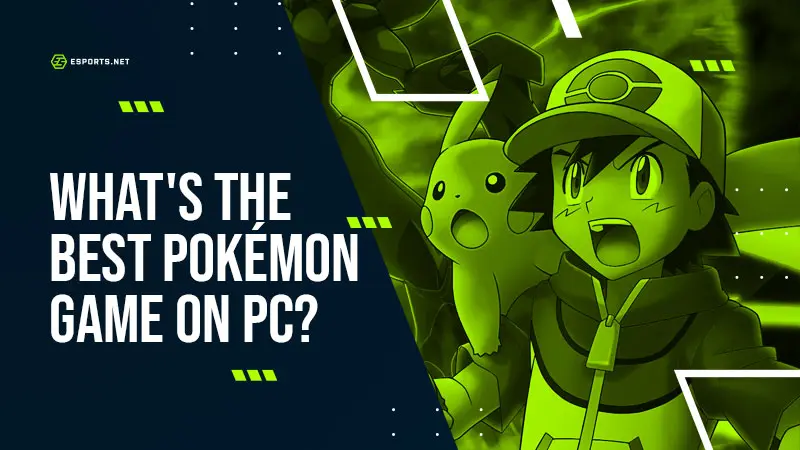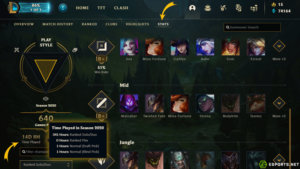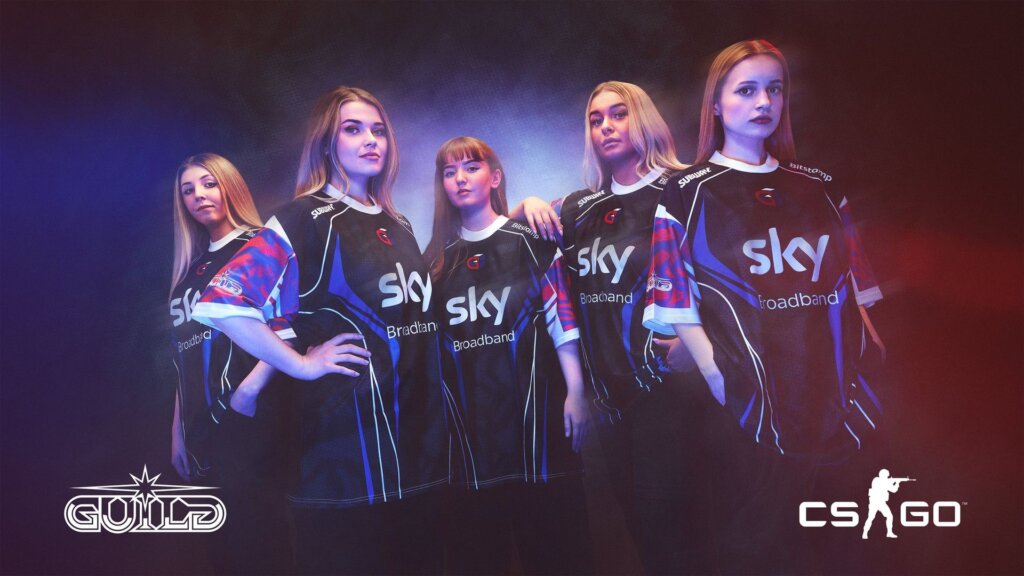
Why do some esports stars burn out so young?
Whilst many aspiring gamers are well aware of the potential rewards of becoming a professional esports player, it’s also evident that most will be unaware of the devastating physical and mental toll that this activity can carry with it. With the average age of esports players retiring being around the mid-twenties, there appears to be something of a problem with making professional gaming a sustainable career.
From repetitive strain injuries such as carpal tunnel syndrome affecting a gamer’s ability to play, to the wide range of mental health issues that hamper an individual’s approach to the game, it seems that there are more than a few reasons as to why ‘burnout’ has become such a feared aspect of professional esports gaming.
Whilst the concept of ‘burnout’ was widely dismissed at the start of the esports revolution, it seems as though many top level pro gaming teams are starting to take the problem seriously. So what are the key factors leading to burnout, and what can be done to avoid this career-ending issue?

© Riot Games
The demands on modern pro gamers
For many gamers, playing video games is pure escapism. But for top level esports stars, games like League of Legends and Counter Strike Global Offensive become an all-encompassing way of life. Not only does becoming a professional gamer mean that your gameplay determines your livelihood, but the relentless practice schedule of 10 to 12 hours per day, six days a week means that you will be cut off from friends and will face little chance of developing any lasting relationships.
The isolation of the pro gamer has also been increased through the result of many esports organisations establishing team houses where the gamers are expected to live together and put in the hours’ practice necessary to be the best in the business. Practice is at the core of pro gaming success, and many gamers pride themselves on putting in over 60 or 70 hours per week without a thought of the potential toll that the intensive gameplay is having on their wrists, necks and backs.
So why do gamers put themselves through such an ordeal? Most gamers start out by viewing esports as a dream job, as few people wouldn’t want to play video games for a living. But even when players become established in a team, then this is where the real problems can begin.
Not only do gamers face a huge amount of pressure from their team-mates, head coaches and sponsors, but they also find that they face a constant barrage of withering scrutiny on Twitter and Reddit. As a result, many top level gamers have found that mental health issues such as panic attacks and acute anxiety have become equally, if not more problematic, than the physical issues such as repetitive strain injury.
Are esports organisations asking too much from their players?
The pressure that gamers put on themselves to succeed is immense, but there’s also the growing concern about how various esports organisations operate that could be to the detriment of the competitors. From the lack of security in fighting for a place on a team, to the punishing esports tournament schedules, it has been felt that there is very little in the way of protection for young gamers.
A recent article from RockPaperShotgun highlighted how the relentless tournament structure of the Overwatch League left very little in the way of rest time for its competitors. By having the Overwatch matches bunched up close together, it meant that the tournament made for excellent viewing, but it also meant that the actual players got no down time to let their bodies and minds recuperate.
Such reports are fairly ironic as the Overwatch League was established as a result of Blizzard’s desire to try and provide a touch of stability in the fragmented esports realm. By guaranteeing players’ minimum salaries, it was hoped that Overwatch would provide a good example of how esports could look after its competitors in the future.
However, with the news that Blizzard recently decided to axe next year’s Heroes of the Storm tournament, it shows that this games publisher are more than a little inconsistent when it comes to taking care of their devoted fanbase. This highlights the complete lack of security that the esports realm offers its young competitors.
As a result, it’s easy to see why many gamers will be willing to accept the punishing demands faced by the esports teams, as there is very little in the way of a guarantee that they will get another chance to earn money from video gaming. Until this situation is resolved then there is a strong chance that we will see many promising esports stars having their careers cut short as a result of burning out.
